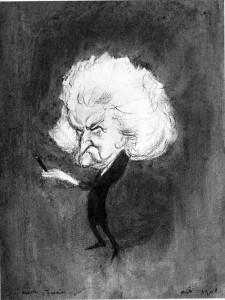 Betty Comden and Adolph Green sing “Carried Away” on Art Ford’s Greenwich Village Jazz Party in 1957, accompanied by the Cy Coleman Trio. The song, by Comden, Green, and Leonard Bernstein, is from On the Town, and was sung by Comden and Green in the show’s original 1944 Broadway production:
Betty Comden and Adolph Green sing “Carried Away” on Art Ford’s Greenwich Village Jazz Party in 1957, accompanied by the Cy Coleman Trio. The song, by Comden, Green, and Leonard Bernstein, is from On the Town, and was sung by Comden and Green in the show’s original 1944 Broadway production:
(This is the latest in a series of arts-related videos that appear in this space each Monday and Wednesday.)



 The other day I mentioned that Haydn was one of my favorite composers. One of my students told me after class that his music had never spoken to her. I said that I warmed to his humor and (in Alec Guinness’ apt phrase) “clear common sense,” an opinion that I expressed at greater length nine years ago in an
The other day I mentioned that Haydn was one of my favorite composers. One of my students told me after class that his music had never spoken to her. I said that I warmed to his humor and (in Alec Guinness’ apt phrase) “clear common sense,” an opinion that I expressed at greater length nine years ago in an  Perhaps not surprisingly, it turns out upon
Perhaps not surprisingly, it turns out upon